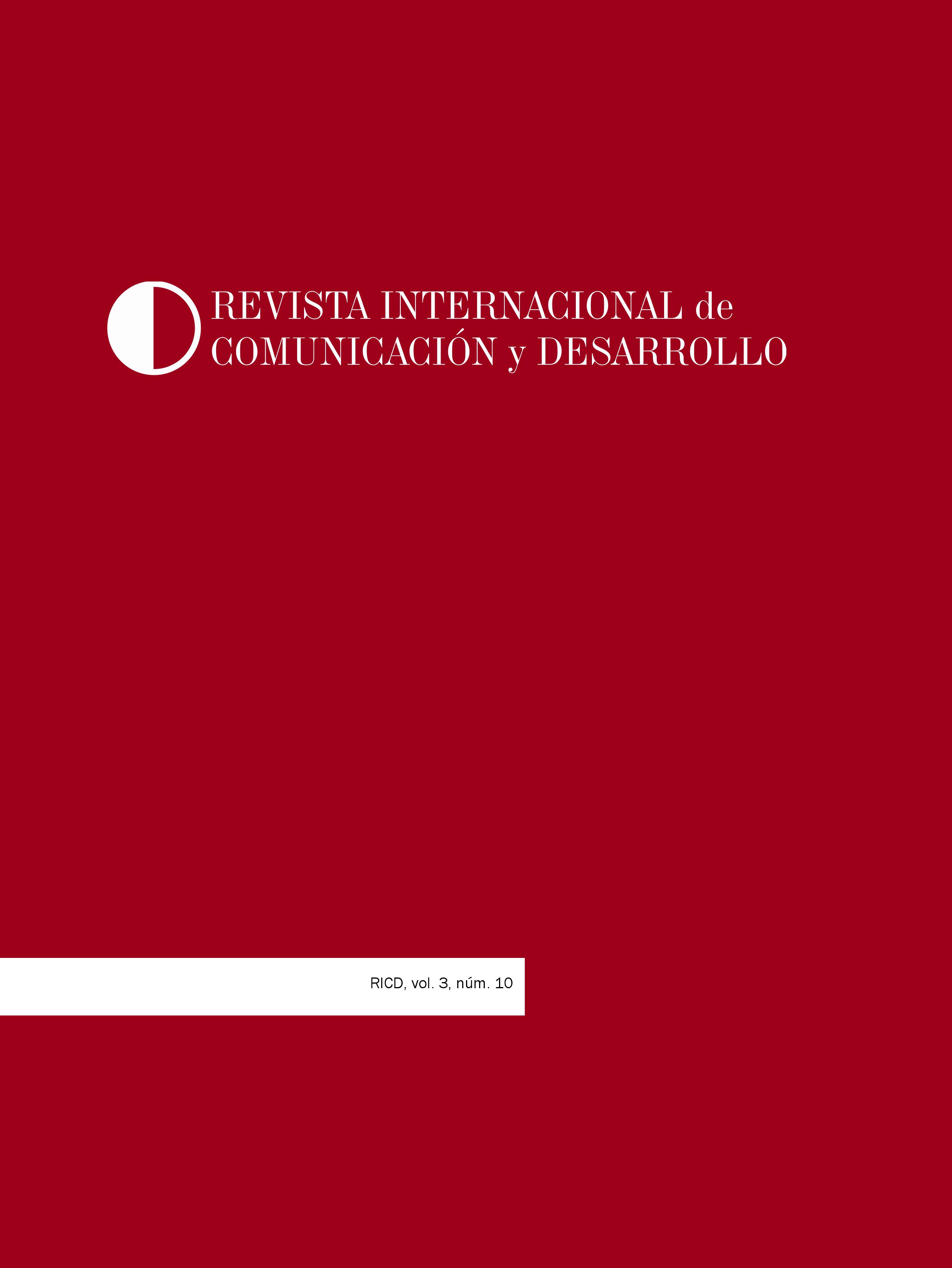The new left government and the change of the communication model in Mexico
Main Article Content
Abstract
In order to achieve the objectives set forth in the Fourth Historical Transformation project, the government of Andrés Manuel López Obrador and Morena's political front exposed the need to create another model of social communication that would become a partacho that buried him traditional prototype of diffusion of political control. This communicative prototype will allow the population to inform in a direct, constant and agile manner about the public policies adopted by the new government to comply with the right to information and create a favorable public opinion that will serve as subjective support for effective governance.
In this sense, the new communication model of the Fourth Transformation is composed of two great levels of communicative action that encompass: on the one hand, an indirect phase of communication; And on the other hand, a direct phase of communication that together becomes the political-cultural force that is daily printed by the collective direction of a cognitive-psychological-ideological-emotional nature to the nation.
However, the definition of the relevant guidelines of the communication project, it is essential to emphasize that, in view of the great structural development challenges that must be resolved in Mexico in order to build another nation in the twenty-first century, it is indispensable that society reconstructs the democratic processes of communication so that the process of change of the nation is carried out in a balanced and non-biased or vitiated way. Within this scenario, the communication schools of the country have a central responsibility and importance to analyze if what is done through the execution of the new paradigm of communication of the Fourth Transformation is to create democracy, plurality and freedom of expression or is to build centralism, authoritarianism and Imperial Presidency.






